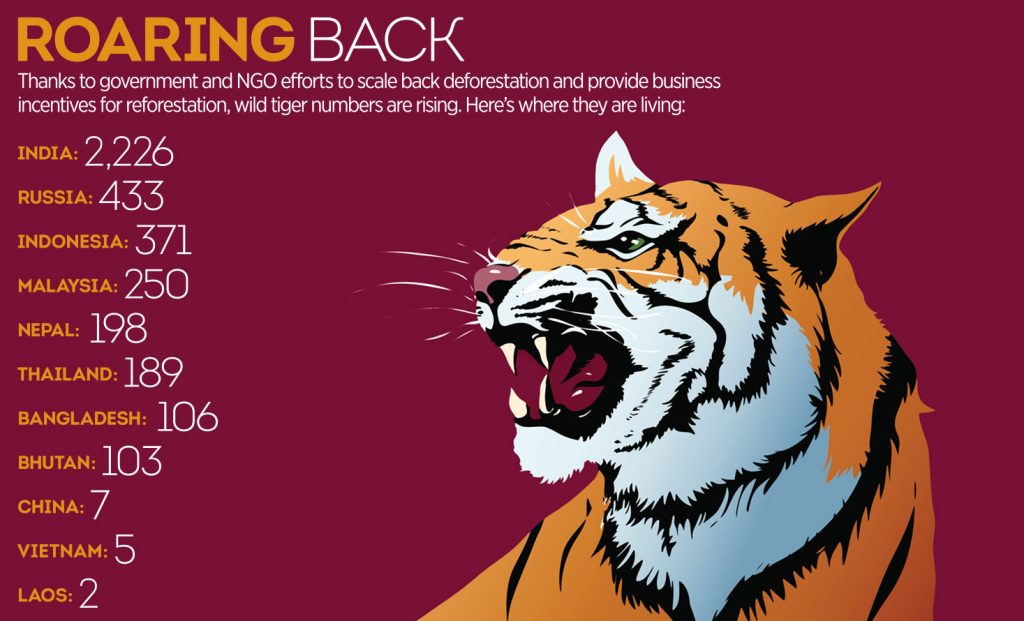Maintainable world takes shape
TNE profiles the world’s most sustainable industries
TNE profiles the world's most sustainable industries
A sustainable industry is an industry that strives to always seek to do business in a way that proves economical, environmentally-friendly and socially responsible. Sustainable industries appreciate that the competitive factors of today may not be the same as those of tomorrow. Such industries look for opportunities to use natural resources efficiently and fully anticipate and analyse economic, environmental and societal trends so as to minimise risk to the world in general, yet they rarely fail to rank highly when it comes to innovation and economic growth. Here is a list of the top ten most sustainable industries across the globe:
1. Advanced biofuels
Advanced bio-fuels are fuels derived from non-food crops such as cornstalks and wheat straw, as well as from municipal solid waste. Biofuels emit 60 percent less greenhouse gas emissions in comparison to conventional fuels and it is for this reason that there is a requirement to become increasingly reliant on bio-fuels in the years to come.
2. Building retrofitting
Almost all residential, commercial and public properties waste heat and energy. The aim of building retrofitting is to improve the energy efficiency of existing properties. Building retrofitting may include the installation of programmable thermostats, switching to green methods of generating power and the plugging of air leaks with caulking.
3. Geothermal energy
Geothermal power stations are already to be found in Italy, New Zealand, Iceland, the US and Japan. Hot rocks underground warm water and produce steam. Holes can then be drilled down into these geothermal hot spots to release this steam. The steam is then purified and utilised to drive turbines. These turbines are, in turn, used to drive electric generators. Geothermal energy can be used as a partial or complete energy source.
4. Green chemistry
Green chemistry is the name given to the design and creation of chemical based products and chemical processes that diminish or completely eliminate the use or generation of harmful substances. Green engineers, environmental chemists and chemical engineers will all find work in this industry.
5. Green manufacturing
Green manufacturing is the name given to the design and creation of goods in an eco-friendly manner. This may refer to the manufacture of goods that are green themselves, such as solar panels, wind turbines and energy efficient vehicles, or the manufacture of everyday goods using processes that limit the impact of goods’ creation on the environment.
6. Smart grid
Countries across the globe have begun to modernise their electric transmission grids in order to reduce costs, increase reliability and save energy. The US alone has earmarked in excess of $11bn to invest in the creation of a new smart grid.
7. Solar energy
With the rising cost of fossil fuels and the decline in their availability, the use of solar energy is set to take off. Solar energy is already being utilised in a range of consumer goods from solar-powered watches and calculators to solar-powered garden fountains and outdoor lighting. Solar energy can also be used to power properties. The companies that produce solar panels and components are likely to see a continual increase in the sales of their products in the coming years.
8. Sustainable agriculture
Sustainable agriculture is a method of farming that produces foodstuff indefinitely. It does this without causing severe or irreversible harm to the environment. The continual growth of the world population means that the need for sustainable agriculture is greater than ever. Organic farming is one form of sustainable agriculture; the market for organic food producers has so far proven to be huge.
9. Sustainable green retailing
Sustainable green retailing involves retrofitting existing retail businesses so that they are able to offer environmentally-friendly goods and services. As businesses show increased concern over issues relating to sustainability and as consumers show a preference for eco-friendly goods, this is an industry which is likely to continue to thrive in the future.
10. Wind energy
The majority of nations have failed to make use of wind energy for generation of electricity. However, an increasing number of nations are likely to make use of this renewable energy source in the coming years. The business of utilising wind energy includes wind turbine design and construction and power generation and sales.













